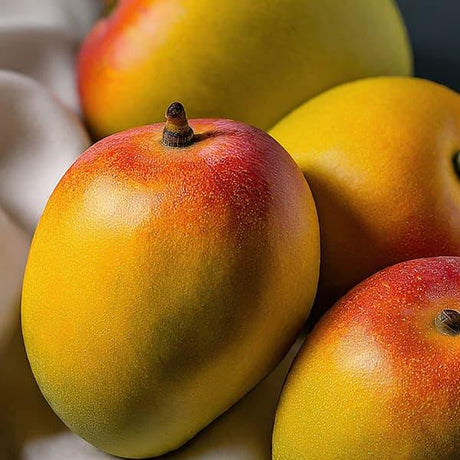
Mango Alphonso Magic: Tropical Delight Unveiled
By Prashant Powle
Discover the magic of Alphonso mangoes, a tropical treat loved by mango fans around the world. This article explains why Alphonso mangoes are the best choice. Why is Alphonso Mango...
1 dozen alphonso mango price
1 dozen hapus mango price
1 kg alphonso mango price
1 kg hapus mango price
aamrai ratnagiri alphonso Mango
Alphonso Mango
Alphonso Mango Cultivation
Alphonso mango exporters
Alphonso mango farms in Maharashtra
Alphonso mango festivals in India
Alphonso Mango Price
Alphonso Mango rate
Alphonso Mango Recipes
Devgad Alphonso Mango
Devgad hapus Mango
Difference between Ratnagiri and Devgad Alphonso
GI Tagged Alphonso Mango
GI Tagged hapus Mango
hapus
Hapus Mango
Health benefits of Alphonso mango
History of Alphonso mango
How to identify authentic Alphonso mango
Indian Mango
Indian Mangoes
King of Mangoes
mango alfanso
Mango Alphanso
Mango Alphonso
Mango Alphonso Online Delivery
Mango hafood
mango hapus
Mango Online
Mango Ripening Process
Mango Season
Mangoes Alphonso
Ratnagiri Alphonso Mango
ratnagiri hapus Mango
Traditional Indian Mango Desserts
Why is Alphonso mango expensive
Read more
